Bubble-blowing drones may one day help artificial pollination!
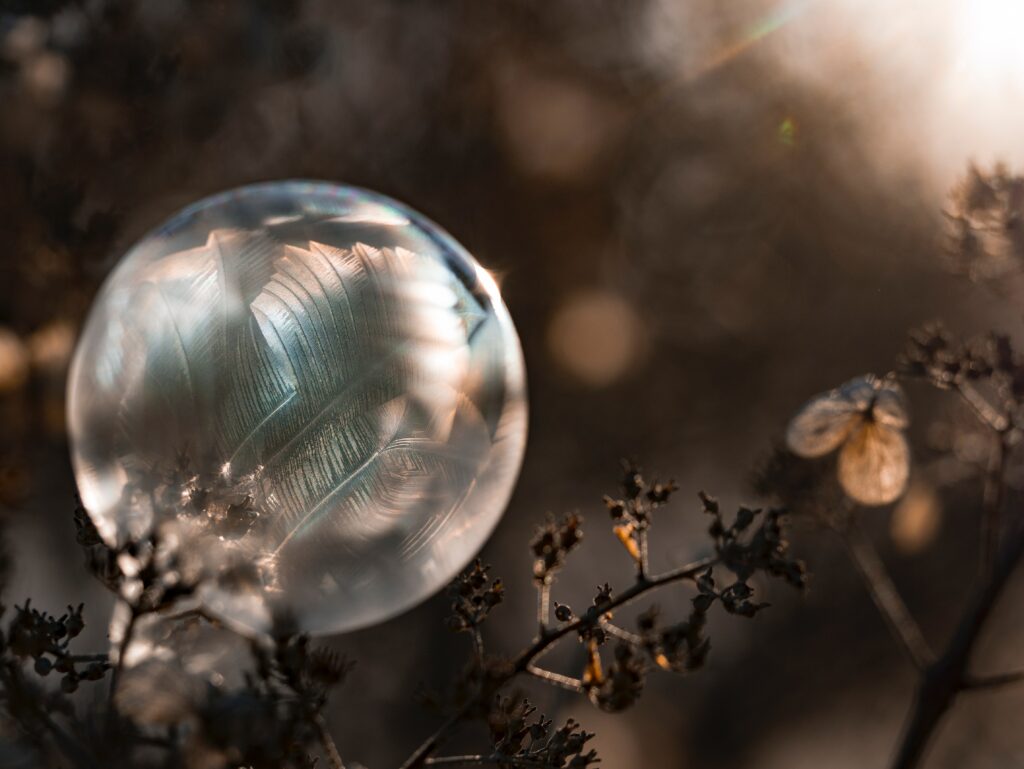
Drones that drop pollen-laden bubbles on flowers could one day help farmers pollinate their crops. Instead of relying on bees and other pollinating insects, which are declining around the world as a result of climate change, pesticide use and other factors, farmers can spray or clean pollen on their own crops. But machine-blown columns can waste a lot of pollen grains, and manually brushing pollen onto plants is labor-intensive.
Japanese materials chemists at Nomi envision outsourcing pollination to automated drones that deliver pollen grains to individual flowers. His original idea called for a pollen-covered drone that rubbed grains onto the flowers, but that treatment damaged the flowers. Then, while experimenting with bubbles, he realized that bubbles could be a gentler delivery medium.
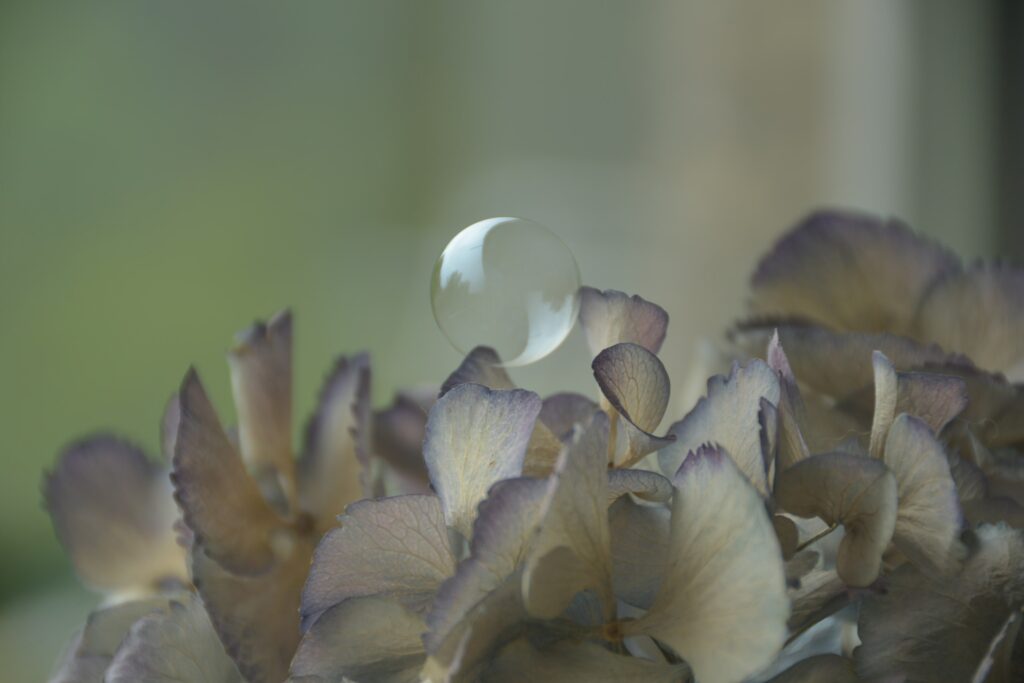
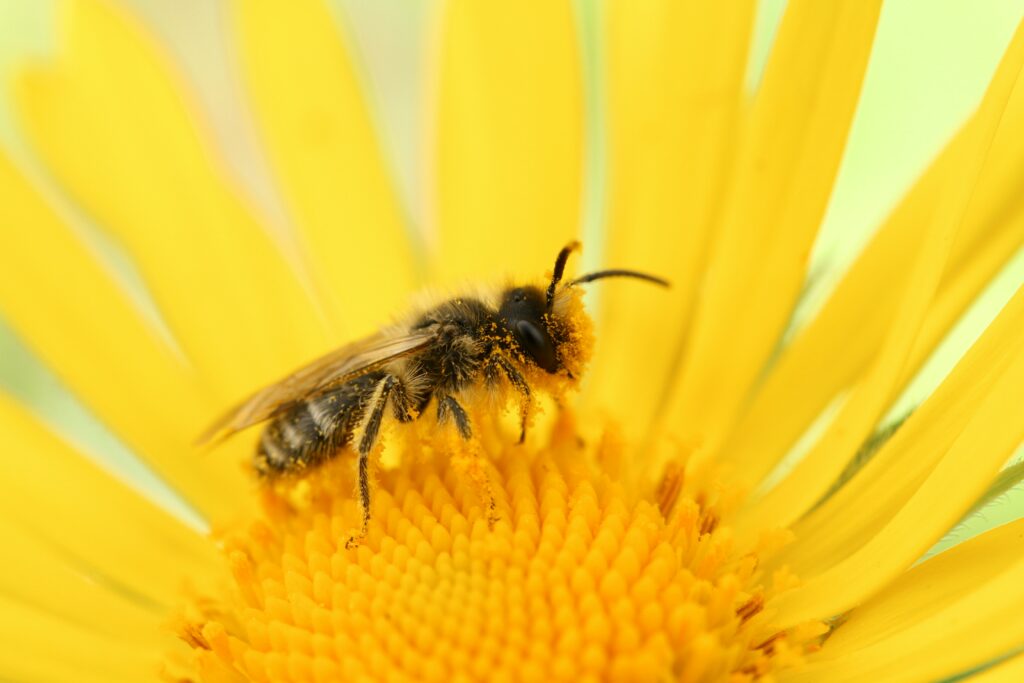
To that end, they devised a solution in which a drone with a bubble gun, loaded with pollen, could blow over crops. To test the viability of their pollen-laden bubbles, researchers used this technique to hand-pollinate pear trees in an orchard; those trees produced as much fruit as trees pollinated with a traditional hand-pollination method. Among several commercially available bubble solutions, they found that pollen grains remained healthier and more viable in one made with lauramidopropyl betaine, a chemical used in cosmetics and personal care products. Using that solution as a base, the researchers added pollen-protecting ingredients, such as calcium and potassium, along with a polymer to make the bubbles tough enough to withstand winds generated by drone propellers.
To test the feasibility of applying this bubble treatment with flying robots, researchers rigged a drone with a bubble gun and shot pollen bubbles at fake lilies while flying at two meters per second. More than 90 percent of the lilies were affected by bubbles, but many more bubbles missed the flowers; making drone pollination practical would require flying robots that can recognize flowers and deftly target specific flowers, scientists say.
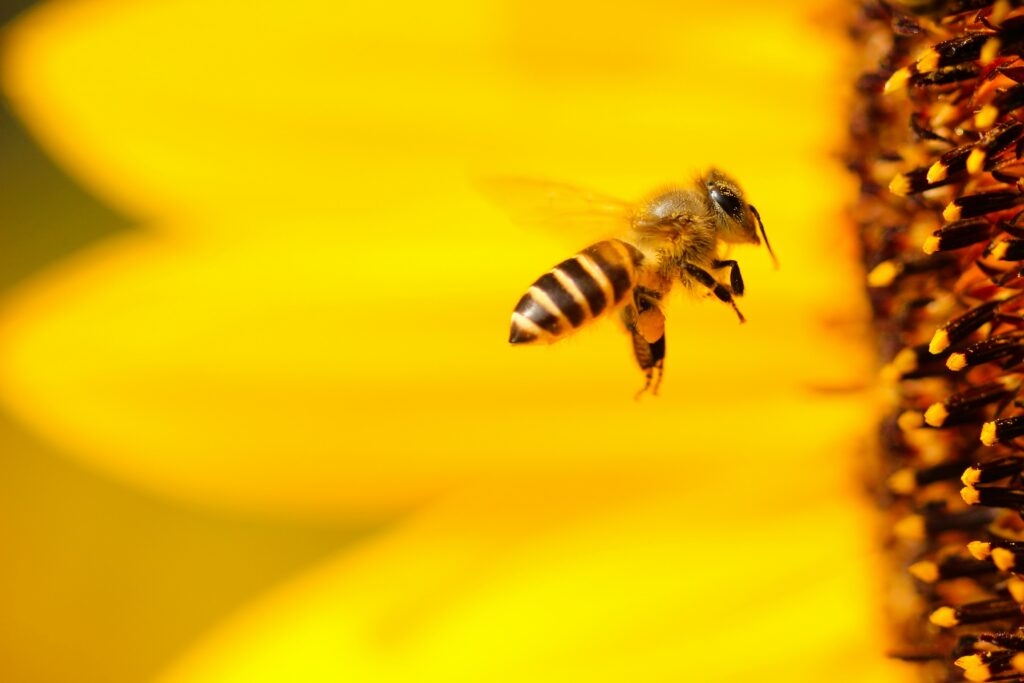
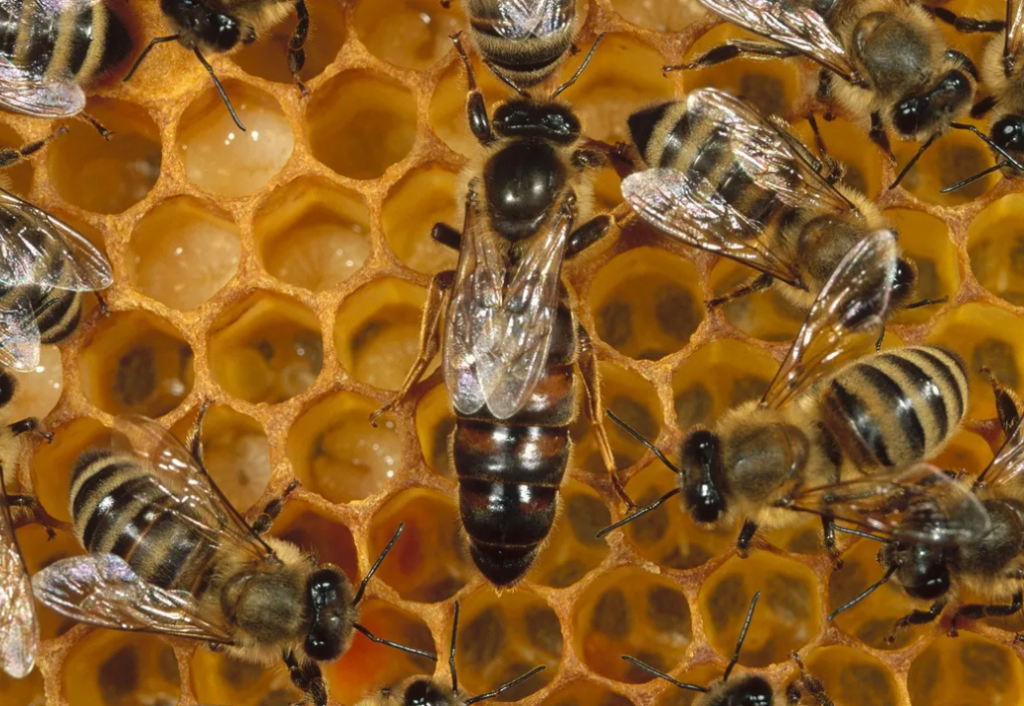
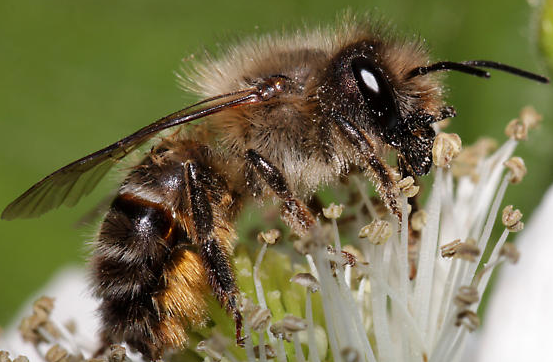
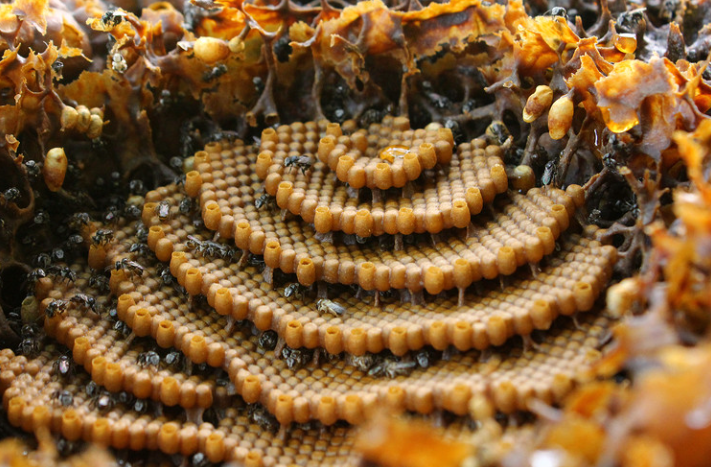
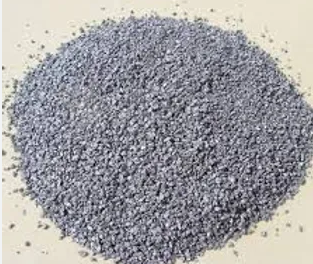
Responses